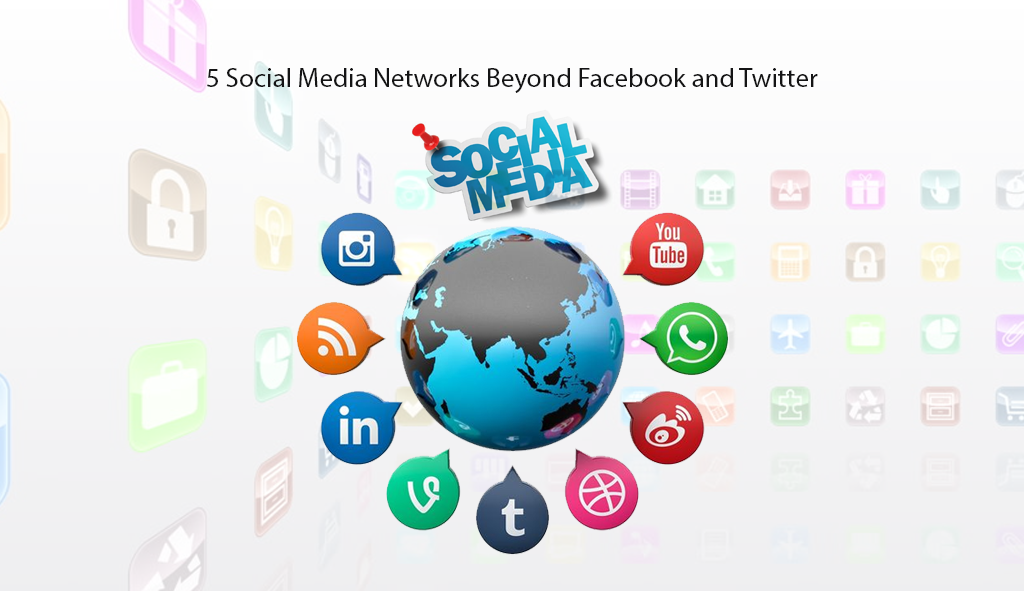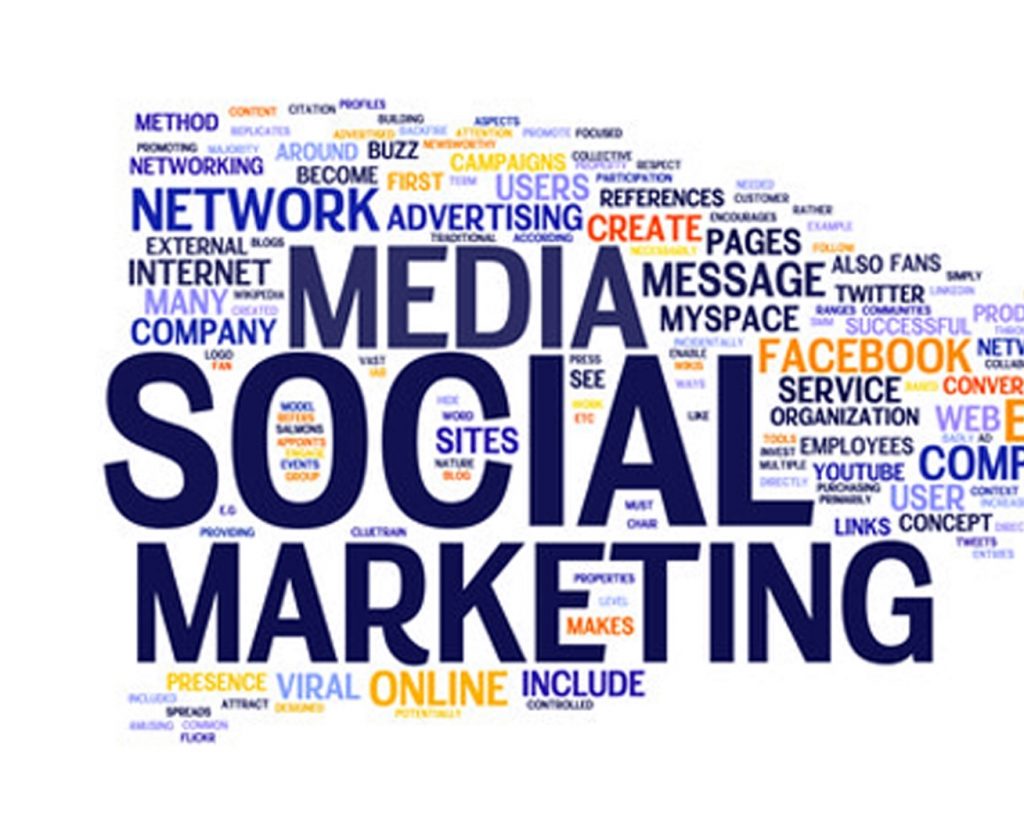Recently I went to a popular but small book publisher in Kolkata’s famous College Street area to try and sell the owner a website. The owner was a friend of mine. I chatted briefly with him, discussed about the troubles he faces to get new customers, the marketing strategies taken for distributing books and so on. He was generous enough and allowed me to run through the basic benefits of having a website giving me his full attention. Figuring I am close to finalizing this deal, I finally said, “Do you think a website for your business is something you’d be interested in hearing more about?”
He replied, “I have a very small publishing house and I work with a few staffs. It is already a headache for me to keep track of everything and everybody working here. Moreover, I sell books through my distributors. They take care of my customers’ demands and I supply the books accordingly. Why should I need a website? A website means extra costs to me which I cannot bear right now. I am not tech savvy either. I won’t be able to maintain it. And we’ve never felt the need of advertising about our publishing house. Every year I put up a stall in the Kolkata Book Fair. It is enough advertising for my brand. I do fair business there and rest of the year it goes pretty well. Will a website bring more people in here? Well then, no thanks, I don’t need one.” He firmly believes his business does not need a website.
Over a decade’s service to small and medium business owners in India and outside, helping them build and run their websites, I am amazed to see how many of them still do not want to have any website or online exposure of their own. After a few more similar experiences I clearly understood the questions and concerns small business owners pose about getting a website. I have tried to address to these queries as much as possible during my interactions with potential customers and here are some small business website myths revealed:
Q1. Do I really need a web site for my company?
Whether your company needs a website or not depends on your decision only. Website is not an advertisement. It is a multi-functional communication tool. For a well-organized business with local clientele, where a backlog of customers is waiting to be serviced you may not need a website. But if you want to communicate effectively with a broader range of clients, attract new customers, explore new markets and take significant market share from your competitors — then you definitely need a website.
Q2. I cater to a very small segment of the society. My customers know me and I know them. That’s enough for me. Why should I need so much exposure?
Well, as I mentioned before, if your business is localized, well organized and there are lots of customers waiting to be served, then you might not need a website for further branding at all. However, a simple business page (say Google+ page) in a social media platform might help you to retain existing customer base and gain future customers.
Q3. Is it very costly to build a website?
Not at all. Earlier website designing and development costs were high, because everything had to be custom made. However, due to introduction of WordPress and other such CMS and CRM based free website designing platforms, designing, development and maintenance costs have gone down significantly over the past few years.
Q4. I already have a free web page on some other free portal. Why do I need another exposure at a cost?
A webpage in someone else’s domain is not a website. It does not provide you with full functionalities and are often not good for customer interaction or customer management. However, this kind of listing services enhances and empowers your new website.
Q5. I don’t sell any products online. Do I still need a website?
If you sell something special that people are looking for then a large portion of people (perhaps a market unknown to you thus far) will search the Internet, because it’s fast, easy, global and private. A web site will put you in the running with others on the Internet.
Q6. I am not tech savvy either. I won’t be able to maintain a website.
Don’t worry.Your web developer can help you with the designing, development, maintenance, changes and updates, which are generally simple and costs are within your budget.
Q7. Many of our customers aren’t computer users. They like face to face interaction with a personal touch.
Time is changing as is the ways of finding new products and services by people all over the world. Your existing customers may not be tech savvy right now, but they will become eventually. What about the future potential customers who are already using smart phones and tablets to find their required products and services? The percentage of rural population using mobile phones to access internet is also increasing in our country. So why wait long. A website will keep you in sync with this growing trend.
Q8. I am already spending thousands in advertising. Why should I go for an additional cost for setting up a website?
A website is not an advertising investment. It compliments and empowers your online advertising efforts.
Alternatively, I’ve decided to put together a list of 9 major reasons why a small business needs a website:
1. Keep up with the competition
Modern tech savvy consumers use internet to search for products and services they need before they make a final purchase. Most of them would assume you have a website and they will search for one in your name only to find you do not have one. The result is obvious. All those consumers will turn on to your competitors’ websites. You lose potential customers. Hence, even if you have a small business, a professional looking site will actually help gain credibility and a slight advantage over your competitors who do not have one yet. In particular, home based businesses benefit from having an online presence as they do not have a proper store front to promote their products and services. So to keep up with your competitors you must have a website.
2. Build your brand
Online reviews (like Google reviews), your interactions with other customers, your social media presence, the frequency and quality of your posts in blogs help to build a potential customer’s trust in your company or product.
3. 24x7x365 accessibility to information
The never-sleeping-always-wake internet gives your business portal 24-hour virtual showroom which would not have been possible in case of a brick-and-mortar establishment. When you set up a website for your business, you are not only reaching out to your existing customers but also gaining potential customers allowing them to have unlimited access to your product/service information, reviews, new line of products and services that you are going to offer, etc at any time of the day and from anywhere.
4. Showcase your works
A website acts like an online brochure or catalogue of your business. Showcase your work, products by including a portfolio or image gallery, testimonials and all those that tell about your business worldwide.
5. Target a wider market
You can make avail your services and products globally as your website will provide an alternative location to sell them.
6. Cost effective sales and marketing tool
Your website can serve as a “marketing and sales” machine for your company. It allows for a wider, more cost-effective distribution of your business and brand as opposed to traditional marketing techniques, which usually included printing and mailing costs. Well written and compelling sales copies on your site attract ideal clients and compel them to use your products or services. Traditional advertisements are a revolving cost to a company. You can buy an ad space in a newsprint or roadside billboard for a specific period of time, spend huge amount of money to design and print them, put them up and then after a few days the ad is gone. You may or may not get the expected amount of return on your investment. A website, on the other hand, comes with several features of online promotion that you can control and use continually and accordingly. Compared to print ads and billboard advertisement, costs of designing a website and running it is quite low. Also its potentiality to reach out to a wide range of niche customers is better than the traditional ways. Hence websites are a very cost effective method for promoting your brand and business.
7. Time saving technology
Providing information to your customers is time consuming as it involves phone calls, face to face interaction, designing and printing a brochure and distributing it, etc. It is lot easier and quicker to update information about your products and services on your website than in print material. Thus making it an effective way of letting your customers know about the arrival of new products, upcoming events, special promotions, or any new services you now offer.
8. Improved customer services
Nowadays websites are built with CRM (customer relationship management) capabilities to help manage your existing as also new customers. Appointment booking system, customer contact list, email marketing, custom enquiry forms and SMS alerts are certain CRM tools that significantly improve your ability to stay connected and engaged with your customers.
9. Lead generation
Lead generation is crucial in case of online sales and marketing. Adding freebies like free downloads of forms, brochures, e-books, etc. and other valuable resources in exchange for opt-ins to your website can help you gain new leads from prospective customers searching for your products and services.
The internet is in fact has become the basis of business activities over the past few years. There have been significant increases in traffic and business generation after the introduction of ecommerce. People are always opting for the easiest, cheapest and quickest means to reach out to others. Imagine you are going for a long hike and at night you are looking for a roadside motel. What will you do? You will simply take out your smart phone and Google to see whether there is a motel located near you. If the nearest motel owner has enlisted his business in the Google map then viola, he gets a needy customer in the middle of night. So, even a small business requires online presence to hook customers and retain them.
Hence the conclusion: Small businesses do need websites of their own







